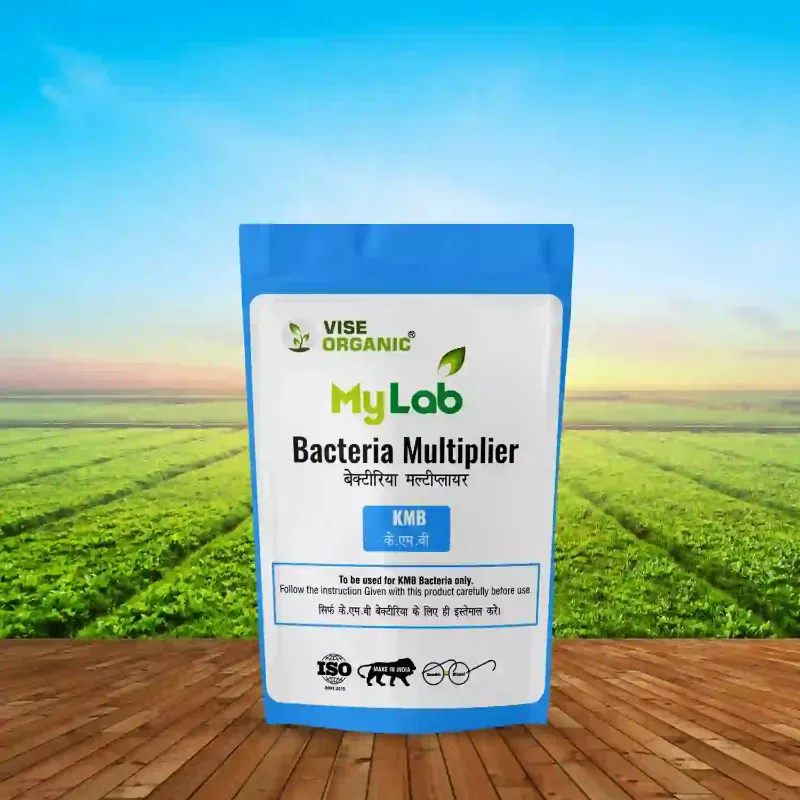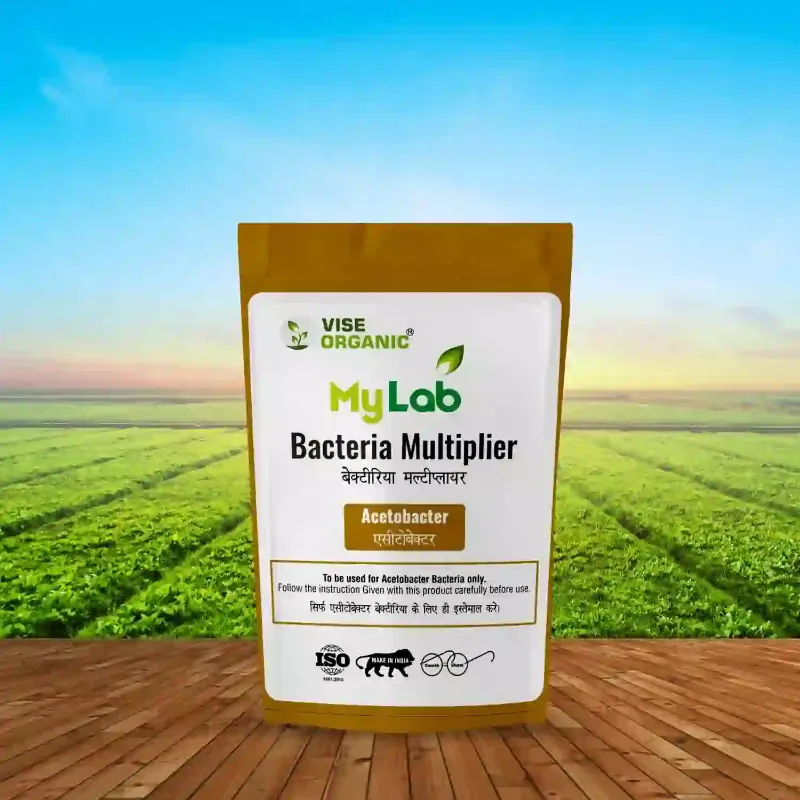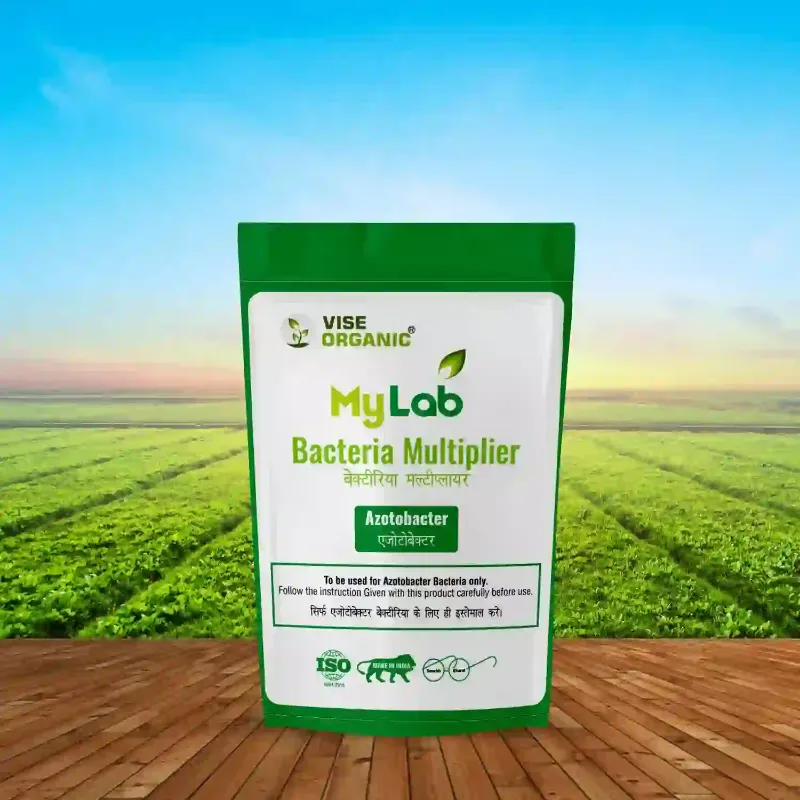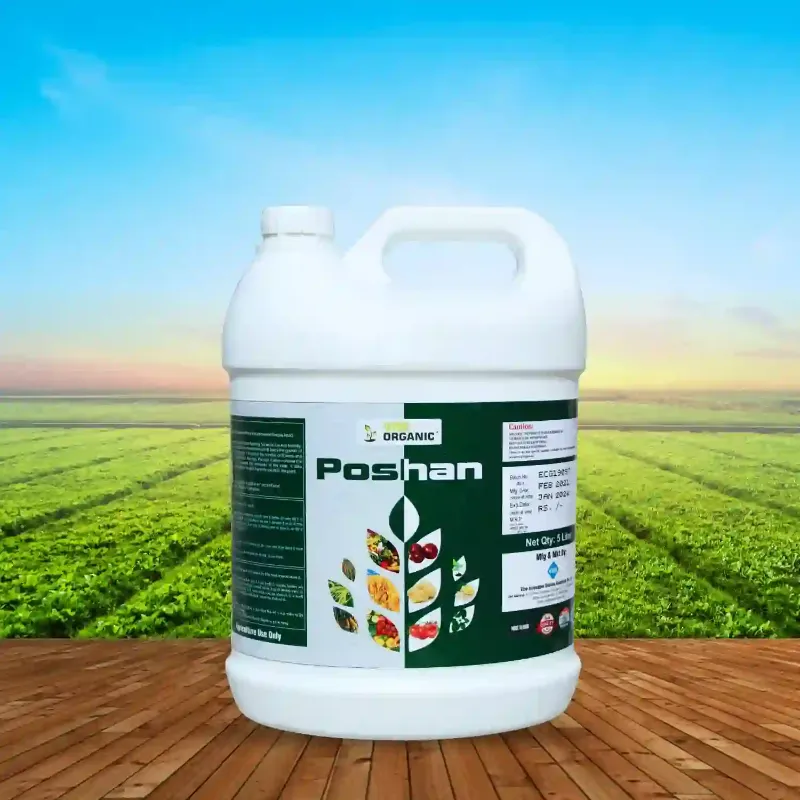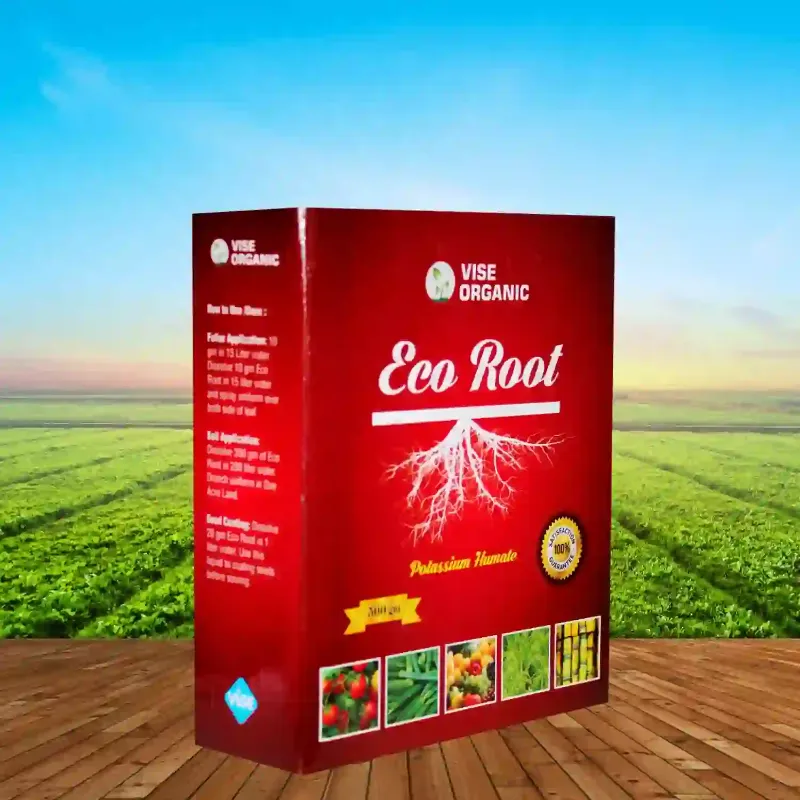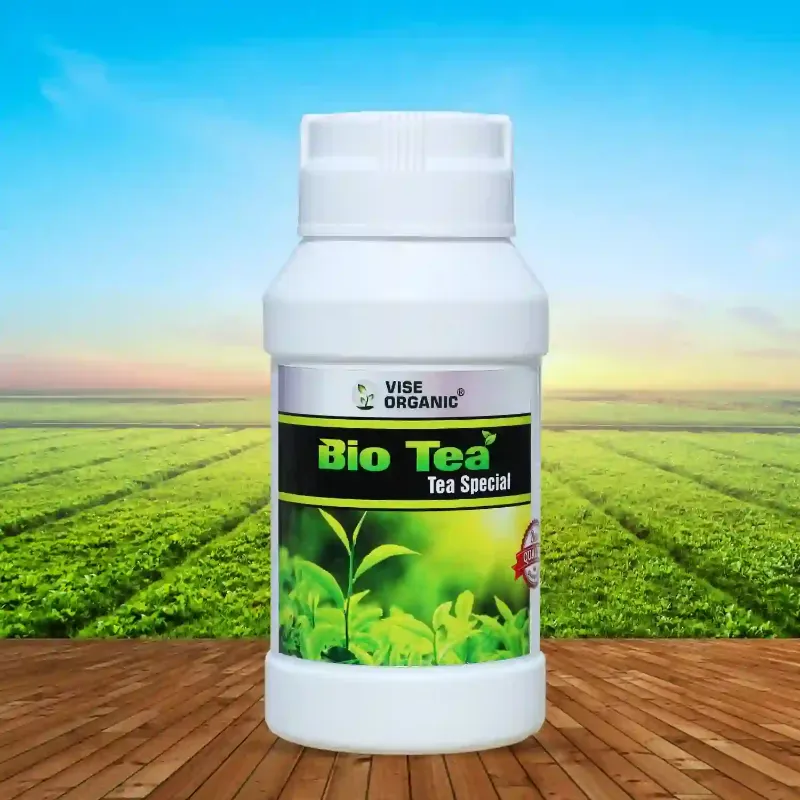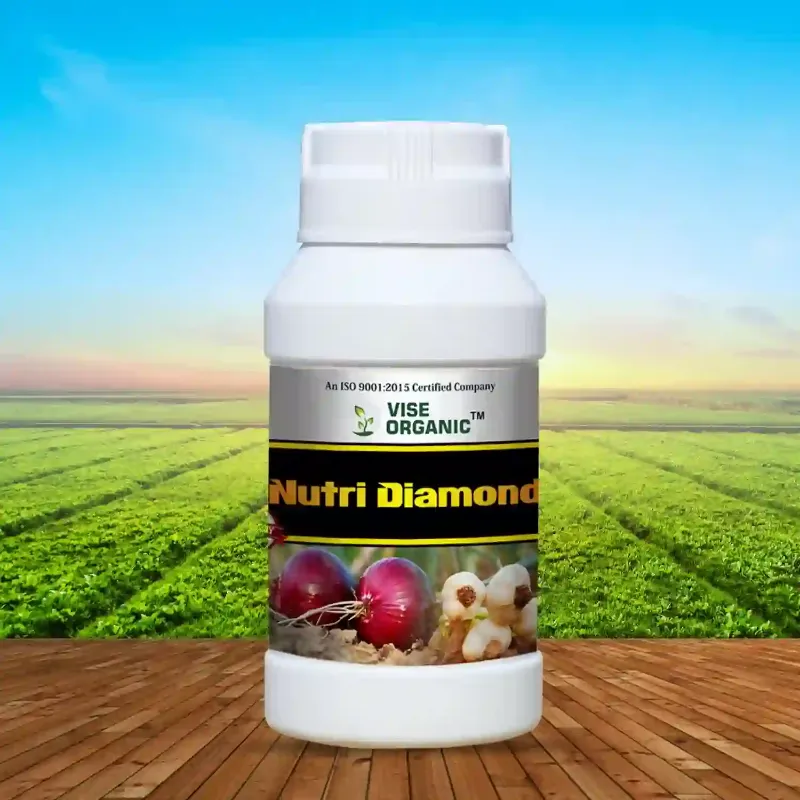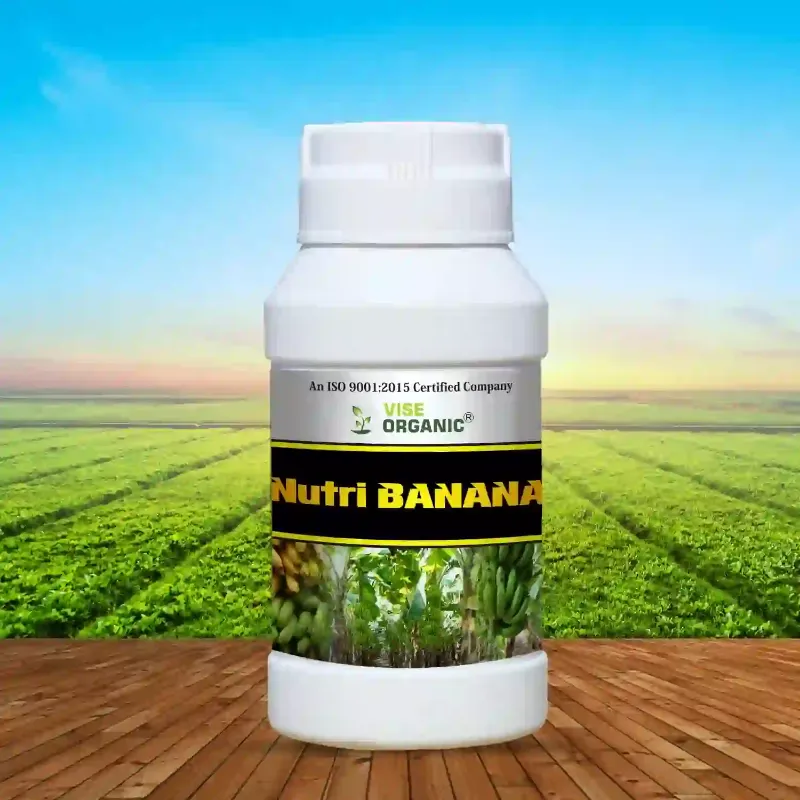Introduction:
Eco Granules stand as a beacon of sustainability in modern agriculture, offering an eco-friendly solution to nurture plant growth and vitality. These granules, enriched with essential nutrients and organic matter, provide a holistic approach to plant nutrition and soil health. Understanding how to effectively use Eco Granules for plant growth is essential for maximizing their benefits and fostering sustainable agricultural practices.
Introduction to Eco Granules:
Eco Granules represent a revolutionary approach to plant nutrition, providing a sustainable alternative to conventional fertilizers. Their eco-friendly formulation harnesses natural ingredients to nourish plants and improve soil fertility while minimizing environmental impact. As agriculture seeks greener solutions, Eco Granules emerge as a frontrunner in promoting healthy plant growth and sustainable crop production.
Understanding Eco Granules:
Eco Granules are specially formulated pellets or granules containing a balanced blend of macro and micronutrients, as well as organic matter. These granules slowly release nutrients over time, providing a steady supply of essential elements to plants. Eco Granules are suitable for various crops and soil types, making them a versatile option for sustainable agriculture.
Benefits of Eco Granules:
- Sustainable Nutrition: Eco Granules provide sustainable nutrition to plants, reducing the need for frequent fertilization and minimizing nutrient runoff.
- Improved Soil Health: The organic matter in Eco Granules enhances soil structure, water retention, and microbial activity, promoting long-term soil health.
- Balanced Growth: Eco Granules deliver a balanced blend of nutrients, supporting balanced plant growth, and minimizing nutrient deficiencies.
- Environmental Protection: By minimizing chemical inputs and nutrient leaching, Eco Granules help protect the environment and reduce ecological impact.
Application Methods for Eco Granules:
- Broadcast Application: Spread Eco Granules evenly over the soil surface using broadcast spreaders or similar equipment. This method ensures uniform distribution of nutrients and organic matter across the field.
- Incorporation: Mix Eco Granules into the soil during planting or cultivation, ensuring that nutrients are readily available to plant roots. This method promotes efficient nutrient uptake and soil conditioning.
- Band Application: Apply Eco Granules in concentrated bands or rows near the plant roots, rather than broadcasting them over the entire field. This targeted approach optimizes nutrient uptake and minimizes nutrient loss through leaching or runoff.
Dosage Recommendations:
- The recommended dosage of Eco Granules depends on various factors, including soil type, crop type, and nutrient requirements.
- As a general guideline, apply Eco Granules at a rate of 400-500 grams per acre for most crops. Adjust the dosage based on specific crop needs and soil conditions.
Timing of Application:
- Apply Eco Granules before planting or during the early stages of crop growth to ensure that nutrients are available when plants need them most.
- For perennial crops, such as fruit trees or vines, apply Eco Granules annually or as needed to maintain soil fertility and support continuous growth.
Watering and Activation:
- After applying Eco Granules, water the soil thoroughly to activate the granules and initiate nutrient release.
- Irrigate the soil regularly to ensure that plants have access to moisture and nutrients, especially during dry periods or periods of high plant demand.
Monitoring and Adjustments:
- Monitor plant growth and soil nutrient levels regularly to assess the effectiveness of Eco Granules.
- Adjust the application rate or frequency as needed based on plant response, soil tests, and environmental conditions.
Integration with Sustainable Practices:
- Incorporate Eco Granules into a holistic approach to sustainable agriculture, including practices such as crop rotation, cover cropping, and soil conservation.
- By integrating Eco Granules with sustainable practices, growers can optimize plant nutrition, promote soil health, and minimize environmental impact.
Conclusion:
In conclusion, Eco Granules offer a sustainable solution for promoting plant growth and soil health in agriculture. By harnessing the power of natural ingredients and slow-release technology, Eco Granules provide a steady supply of nutrients to plants while minimizing environmental impact. By following proper application methods, dosage recommendations, and integration with sustainable practices, growers can maximize the benefits of Eco Granules and foster a greener future for agriculture.



